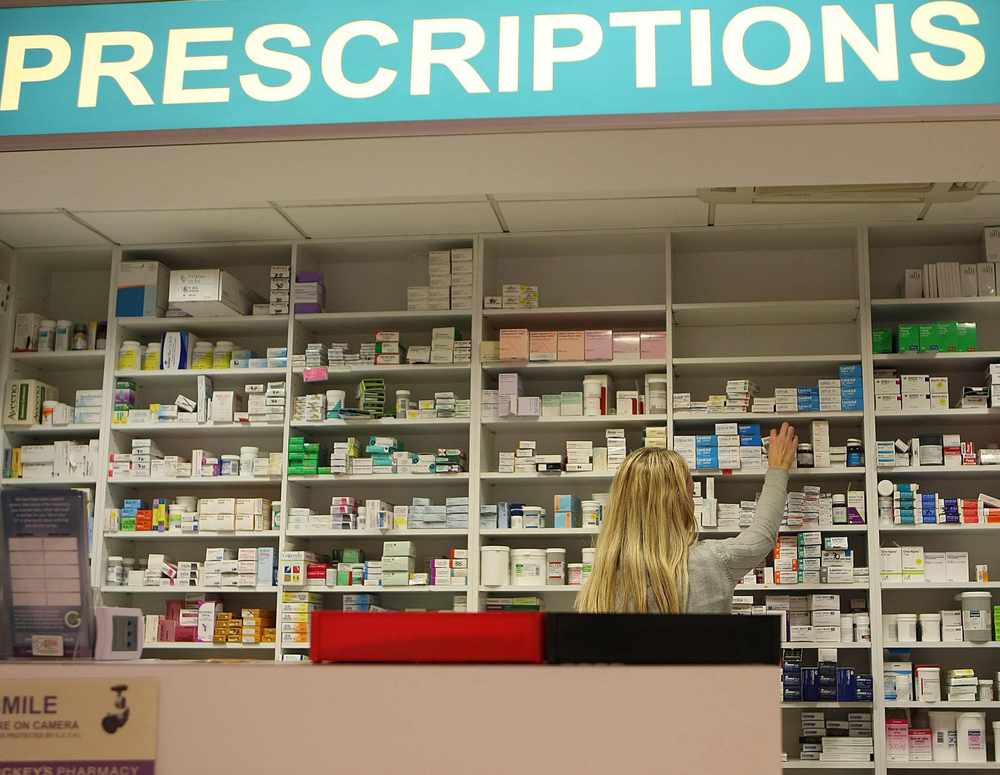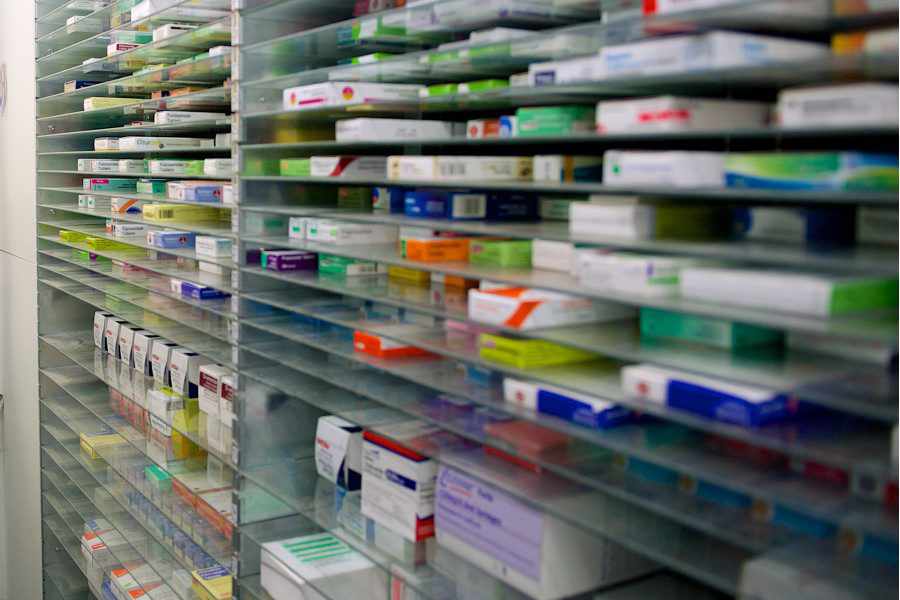Last month an independent report into drug use in Jersey, which was published by the UK’s Centre for Drug Misuse Research, found that some addicts were ‘doctor shopping’ between GPs in an effort to get their fix of medication, and that staff in pharmacies found it difficult and awkward to challenge customers over potential misuse.
Some of the staff interviewed for the research also said they needed more training in dealing with suspected addicts.

But now Simon Wall, media liaison officer for the Royal Pharmaceutical Society, has said that measures are already in place to try to prevent people seeking prescriptions from more than one doctor. He added that all pharmacy staff are thoroughly trained on how to deal with people who might be trying to get drugs for the wrong reasons.
‘With doctor shopping in Jersey, all pharmacists are provided with a list of known drug addicts and are made aware of a specific GP that they should be seeing,’ said Mr Wall.
‘Anyone who is involved in the sale of drugs has to be trained or be doing their training in order to work.
‘If someone feels they need more training, they must speak to their pharmacist.’

Mr Wall, who works as a pharmacist for Boots, said that with over-the-counter drugs, particularly those that contain the high-strength and addictive painkiller codeine, staff are told to warn customers about the consequences of taking it too often.
‘They are also classed as a pharmacy drug, which means it can only be sold when a pharmacist is on site, so they are able to intervene if need be.
‘So in country pharmacies, for example, when the pharmacist might be out on their lunch for an hour or so, those drugs that contain codeine cannot be sold.’

PRESCRIPTION charges were scrapped in a late Christmas present for Islanders in December, 2007.
Up to then, prescriptions were already heavily subsidised by the States under the Health Insurance Fund – but from February 2008 Islanders have not had to contribute a penny.
Before the change, Islanders paid £2.5m for GP-prescribed medicine every year, with the States subsidising prescriptions to the tune of £11m.
The Social Security Minister at the time, Paul Routier, said that the high balance in the Health Insurance Fund means he was able to make a formal ministerial decision to scrap prescription charges. .
The power to vary prescription charges came under Senator Routier’s remit as minister so there did not have to be a States decision on the change.
‘We looked at the state of the fund and we realised we could cover the whole cost of the prescription,’ he said.
‘The fund had been building up over a number of years in preparation for the ageing population, and it has been performing quite well.’






